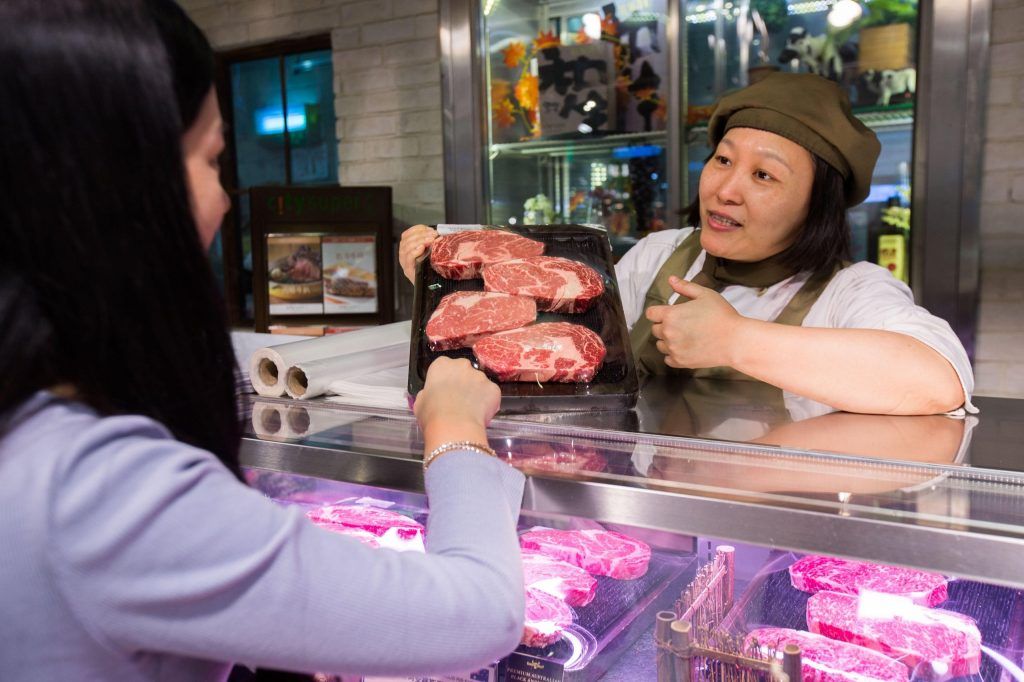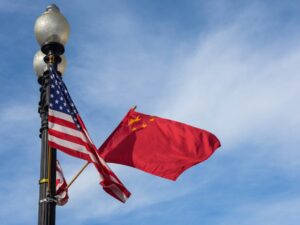
In late March 2023, days before President Luiz Inácio Lula da Silva visited China, Brazil resumed beef sales to the Asian country, lifting a temporary ban due to the earlier discovery of a case of mad cow disease. Brazil quickly recovered as the leading exporter of beef to China.
As China’s economy and population continue to grow, as its urbanization and income levels rise, demand for protein-rich foods has increased. Among them, beef has become a highly sought-after delicacy. Since 2012, China has shifted from being a net exporter to a net importer of beef, relying mainly on countries such as Brazil.
However, this choice comes with significant environmental implications. Beef production is an industry that emits significant amounts of greenhouse gases (GHG). Worldwide, livestock farming and manure emissions contribute to about one-third of agricultural GHG emissions, mostly in the form of methane. In Brazil, livestock farming contributes significantly to the destruction of the Amazon rainforest, one of the world’s largest carbon sinks.
Some major beef producing countries, such as Brazil, Uruguay and Australia, have begun to introduce certifications for their “carbon neutral” beef, meaning that producers are deemed to have taken sufficient steps to offset their carbon emissions. These certifications can create new markets and offer a potential avenue to support carbon neutrality in agriculture and livestock. China is the world’s largest importer of beef, accounting for around a third of global beef imports, so the adoption of carbon neutral beef labelling could expand this nascent market and be a game-changer for climate change mitigation. Introducing such meat products to the Chinese market will require increased consumer education, political support and investment.
Carbon footprint labeling
Carbon labelling for food and mutual recognition of standards in the Chinese market are gradually developing. China piloted a carbon footprint label in 2018, and since 2020 the government has been developing standards and plans for such labelling, particularly in relation to energy use.
At present, labeled foods mainly include rice and various grains, fruits and vegetables, seafood, meat, and eggs, among other categories. However, the market size of these products is relatively small and mainly targets high-end consumers. Existing carbon labels are divided into categories such as Chinese official carbon labels, regional carbon labels, national third-party carbon labels, and international third-party carbon labels. The labels vary in terms of declaring carbon emissions, carbon neutrality, or items considered “carbon negative.”
As for the recognition of carbon labels in the Chinese market, international experience shows that traceability systems and carbon neutrality certification have been successful in Europe and some other countries. In China, national certification bodies such as the China United Environmental Certification Center and international organizations such as the Carbon Trust have successfully registered with the State Administration for Market Regulation and started to offer carbon neutrality labeling services. This trend favors the entry of carbon neutral labeled meat products into the Chinese market.
Consumer attitudes in China
The results of a 2022 survey of restaurant customers in Beijing and Shanghai indicate that Chinese consumers generally have a positive attitude toward carbon labeling. But, as in other countries, there is a disparity in their willingness to pay more for certified meat, especially among consumers at mid- and high-end restaurants. While some consumers underestimate the carbon emissions of beef, those with a high level of concern about climate change are more willing to pay higher prices for carbon-neutral meat and may even reduce or abstain from consuming such meat.
Internationally, there have been some successful precedents for carbon-neutral labelled beef. In January 2022, Uruguay successfully exported its first batch of such beef to Switzerland. The product was subjected to international standards review by the Uruguayan carbon footprint certification and verification organisation LSQA, passed carbon neutrality inspections and entered the European market. This indicates that carbon certification organisations in exporting countries that follow international standards have gained recognition from consumers in importing countries.
Recommendations and perspectives for the Chinese market
The feasibility of introducing carbon-neutral labelled beef products into the Chinese market is promising, but the current market situation and challenges need to be taken into account. To achieve this goal, measures can be taken in four main areas:
• Strengthen communication with producing countries. For example, working with Brazilian government, business and livestock stakeholders to help them understand the pathways to achieving carbon neutral certification. It is also key to provide these stakeholders with guidance on how to improve Brazil’s carbon neutral product labelling system and mutual recognition standards.
• Establish a cross-border traceability system for meat product supply chains. Some states in Brazil are developing state-level traceability systems for carbon-neutral labeled beef, such as the Green Seal in Pará state and the Green Passport in Mato Grosso state. During a recent visit to Brazil in late 2023, I learned of the imminent launch of a nationwide traceability system, the AgroBrasil+Sustentável platform. China should actively participate in state- and federal-level discussions in Brazil to quickly establish an efficient nationwide cross-border traceability system, ensuring the accuracy and transparency of agricultural product traceability information.
• Strengthen outreach and education to raise consumer awareness. China needs to carry out targeted publicity and educational activities, including through media and social platforms, to raise consumer awareness of carbon-neutral beef. Well-designed and concise promotional materials highlighting the environmental value of carbon neutrality could help inspire consumers’ willingness to support environmentally friendly products. The Chinese Ministry of Education has recently established environmental education guidelines for schools. The Chinese government, universities and NGOs also have the opportunity to collaborate in developing educational materials on carbon-neutral beef for schools.
• Provide financial support and tax incentives. The Chinese and Brazilian governments could create financing and tax incentives to guide companies in importing beef labeled as carbon neutral, promoting the formation and development of a less polluting, intensive meat industry chain.
Note: This article is republished from Dialogue Earth through a cooperation agreement between both parties for the dissemination of journalistic content. Original link.

Ren Peng is director of the Overseas Investment, Trade and Environment program at the Beijing-based NGO Global Environmental Institute.
Source: https://reporteasia.com/opinion/2024/07/15/hay-demanda-carne-vacuna-neutra-carbono-china/

